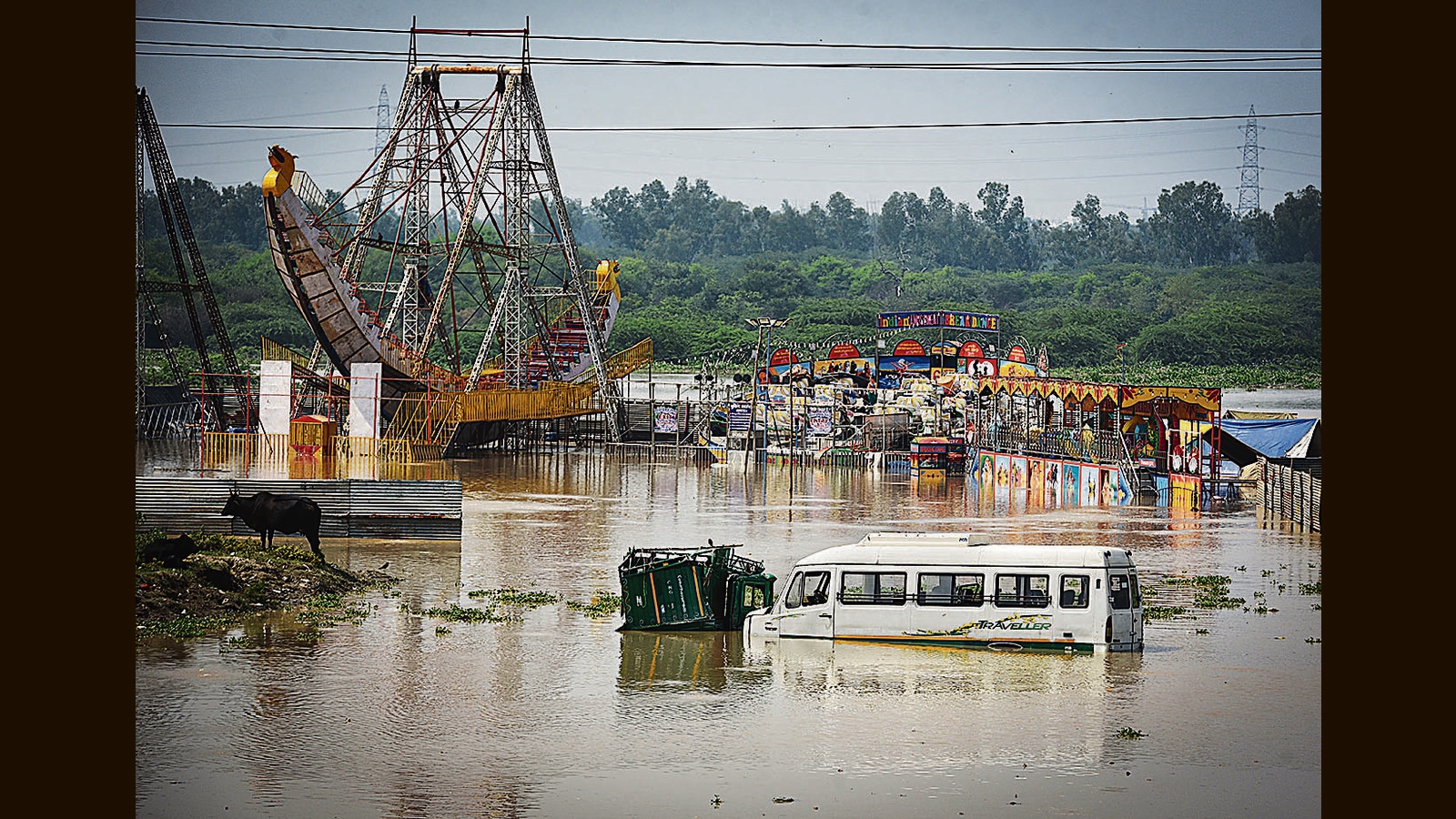India’s Mahatma Gandhi National Rural Employment Guarantee Act (MGNREGA) is one of the largest social protection programmes in the world based on the right to work. In a recently released report, we present evidence that the increased allocation for MGNREGA in the Covid-19 pandemic-hit year (Financial Year 2020-21) made a crucial difference to rural households. But even the increased budget fell far short of what was required. The report is based on a survey of 2,000 job card-holding households in eight blocks across Bihar, Karnataka, Maharashtra and Madhya Pradesh. The study was carried out by the Centre for Sustainable Employment, Azim Premji University, along with the National Consortium of Civil Society Organisations on MGNREGA and Collaborative Research and Dissemination (CORD).
The surveyed households are predominantly lower caste, marginal farmers or casual workers. The vast majority reported income loss of 10 to 50%, on an already low-income base of around ₹30,000 to ₹100,000 per year for a family of five to six persons. With the disappearance of other sources of income, including remittances, MGNREGA became a vital source of livelihood. In this context, the study asked three questions. To what extent did MGNREGA earnings compensate them for lost incomes? Did households get as much MGNREGA work as they wanted? And did they get their wages on time?
We found that MGNREGA compensated for 20 to 80% of lost income, depending on the block. These suggest that even with an annual average of 50 days of MGNREGA work for households, its earnings softened the blow of the pandemic-induced first national lockdown. This is a reminder of the extent of the catastrophe that would have happened without an MGNREGA and the extent of the economic vulnerability of these families.
MGNREGA is a demand-driven Act, and as per law, every household demanding work must get it within 15 days. However, owing to budget and capacity constraints, administrators have to make one of two choices. First, give fewer days of work to many households, and the second is to provide many days of work to a few households. These give rise to two types of exclusions, resulting in unmet demand. First, households that need work but do not get even a single day of work, and second, households that get some work but not as much as they want.
We found that 39% of households did not get a single day of work despite wanting 77 days on average. In the second group, work received fell short of that needed by a large margin of 64 days. Sixty-three per cent of the households cited that inadequate work being sanctioned or opened was the main reason for not getting work despite wanting or needing it. At a conservative estimate, we found that, to meet the full extent of work demand, the labour budget should have been three times what was allocated. Delays in wage payments have been a persistent problem, which also continued during the Covid-19 year. Only 36% of the households reported having been paid within the mandated 15-day period.
Responding to our study, a ministry of rural development press release noted that as per the MGNREGA computer-based administrative database (MIS), close to 100% of households that demanded work received it. However, there is a crucial difference between a household wanting MGNREGA work and a household’s work demand being registered on the MIS. Our survey asked families if they wanted work and if they had received as much work as they wanted. On the other hand, MIS only shows the work demand registered on the system by officials.
In practice, often, due to insufficient funds, full demand for work is not entered on the MIS. Consequently, the unmet demand on the MIS is lower than the actual unmet demand.
There is incontrovertible evidence that inadequate funds allocation for MGNREGA directly results in high unmet demand and delays in wage payments. The legally mandated delay compensation that workers are entitled to as per the Act continues to be unpaid.
Owing to the centralisation of funds management, panchayats have limited power in programme implementation, leading to a dilution of the 73rd constitutional amendment. Further, a complex technical apparatus in programme implementation has meant that the programme functioning has become too opaque from the workers’ perspective. It is fine when things work, but workers and local officials feel powerless when the technical apparatus does not perform as envisioned. Therefore, one needs to constantly ask if technical changes are making workers’ lives easier and if there is an accountability framework for digital innovations. Social audits are a part of the programme vision. However, that has been stuck in vicious circles of insufficient funds, leading to further dilution of accountability, thereby aiding corruption. Despite these problems, MGNREGA remains popular, as evident in the broad consensus among households surveyed across states that the programme contributed significantly to development in their villages and served as a key to avoiding migration.
This was regardless of whether households got to work in MGNREGA or not. As a most compelling referendum for expanding MGNREGA, we found that more than 80% of households recommended that MGNREGA should provide 100 days of work per year per individual. At present, the work entitlement is 100 days per year per household.
MGNREGA is a powerful tool for providing income security to India’s most vulnerable households while aiding overall village development and empowering communities. To achieve these goals effectively, there is an imminent need to increase its allocation significantly, strengthen local governance, increase staff strength, increase accountability, avoid technical fixes for structural matters, and ensure that rights are always honoured in letter and spirit.
Amit Basole and Rajendran Narayanan teach in Azim Premji University, Bengaluru The views expressed are personal
















